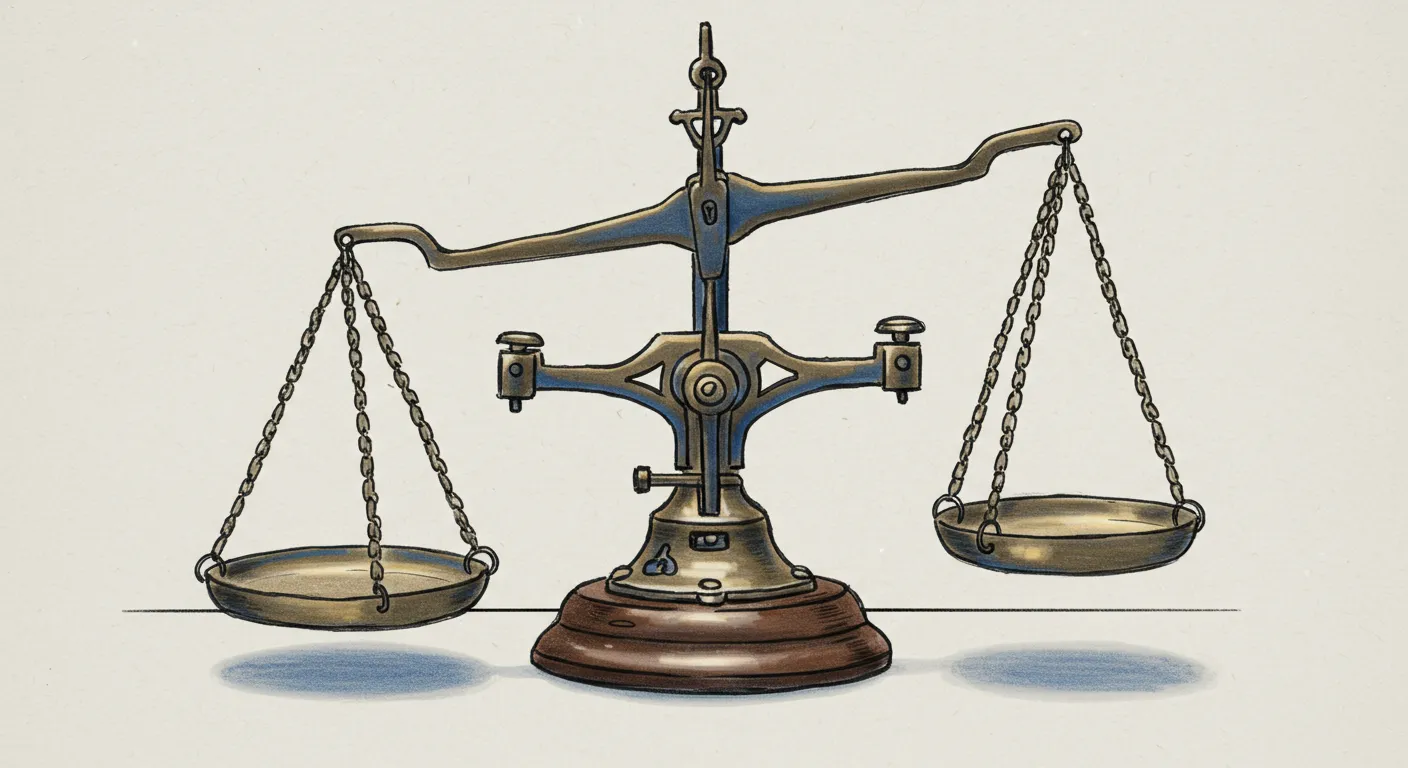The latest tariff drama unfolding in Washington looks less like a principled trade strategy and more like a carefully crafted gift to Tesla and Elon Musk. Online commentators are calling it out as a textbook example of crony capitalism.
The policy, ostensibly designed to boost domestic manufacturing, creates a specific 85% domestic content threshold that miraculously aligns with Tesla's production capabilities. Interestingly, even Tesla doesn't consistently hit the 85% mark across all its models, which suggests the number was strategically chosen.
The broader context is troubling. This isn't just about car parts - it's about a pattern of policy-making that seems more responsive to political connections than economic principles. Tesla and Musk have been vocal supporters of Trump, and this tariff exemption reads like a direct payback.
For other automakers, the rules create an uneven playing field. Companies like Ford are just percentage points away from qualifying, but the specific 85% threshold creates an artificial barrier that looks suspiciously targeted. It's a classic case of regulatory manipulation that benefits a select few.
The real losers are consumers and the broader automotive industry, who get caught in a web of political favoritism masked as economic policy. As one online commentator put it, this looks less like free market ideology and more like a rigged game where connections matter more than competition.


